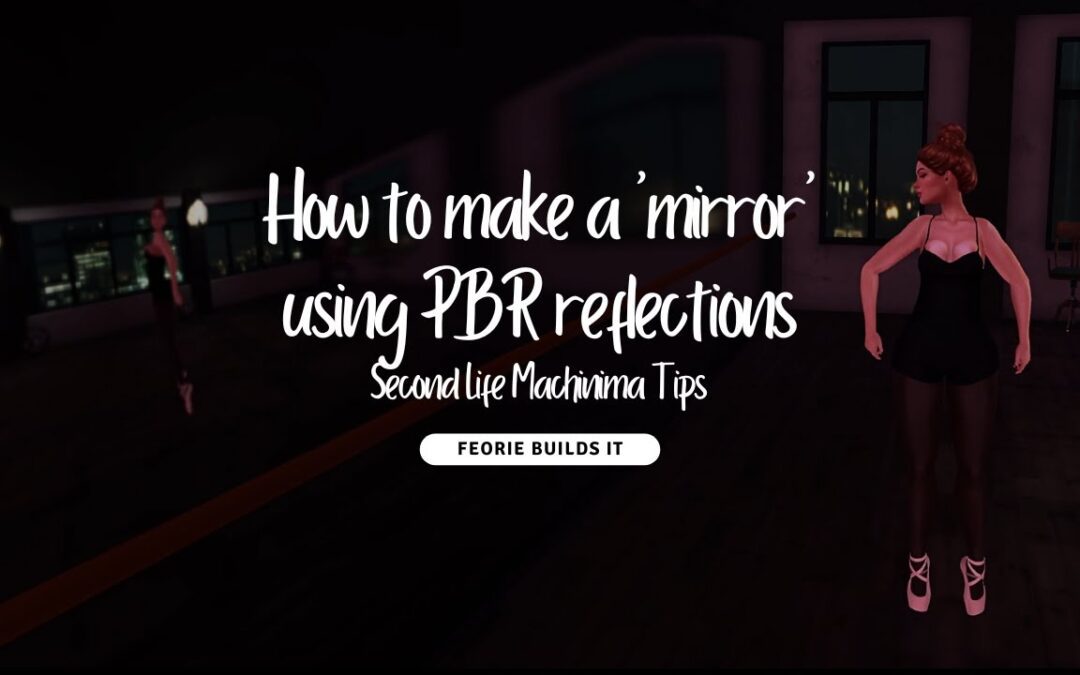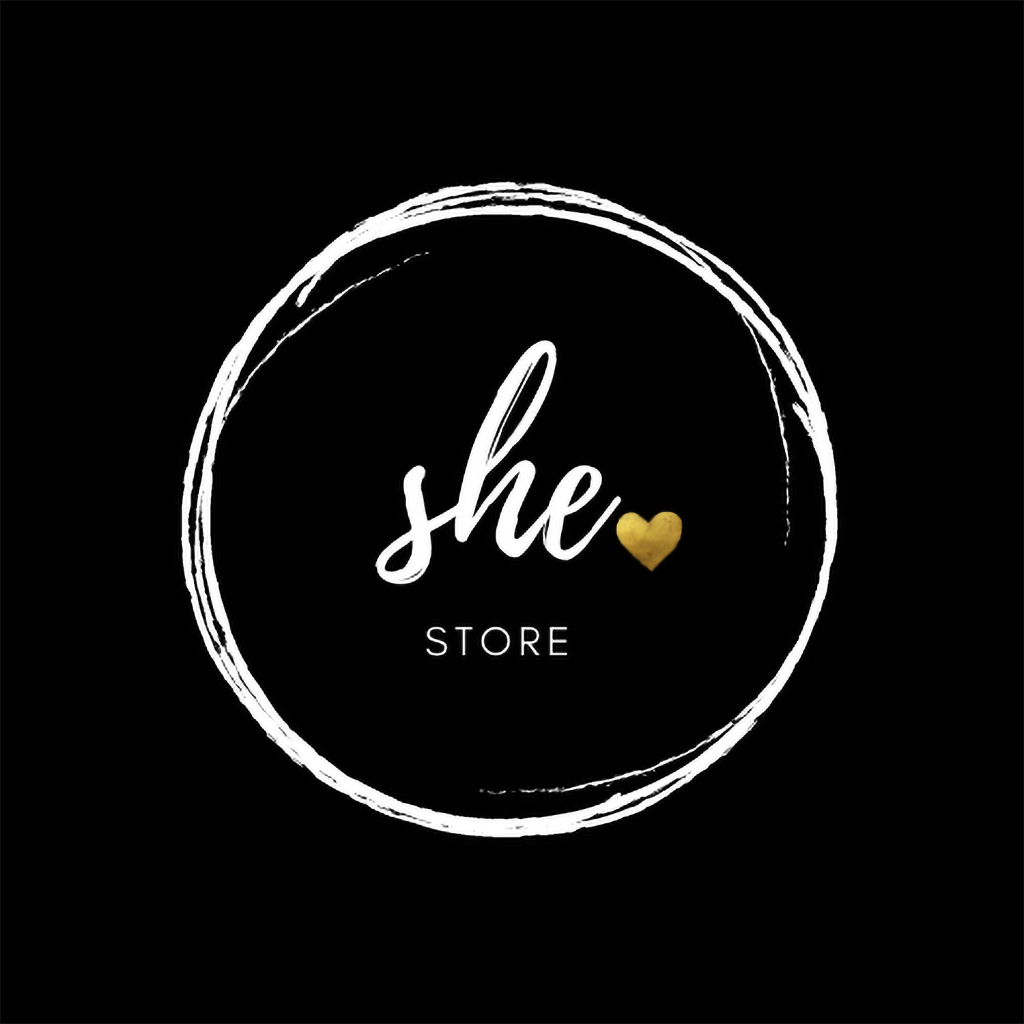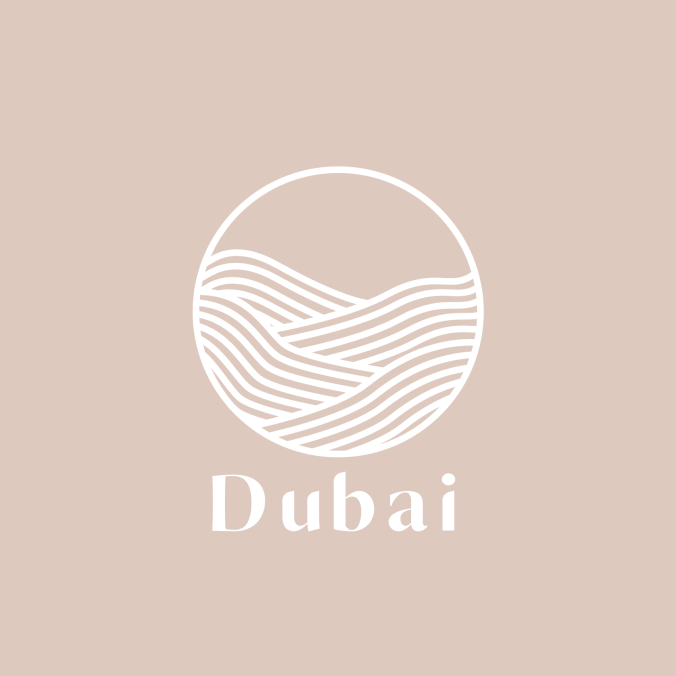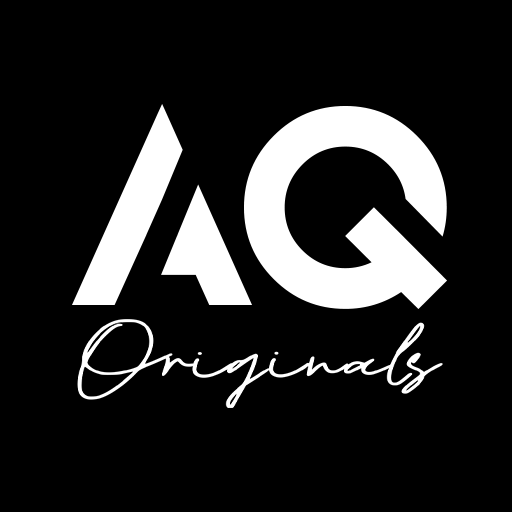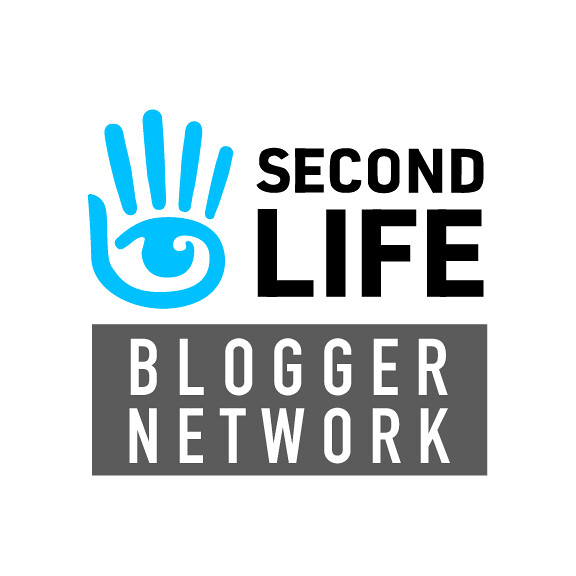I found a video titled “How to make a ‘mirror’ using PBR reflections – Second Life” that explains the process of creating a mirror using PBR reflections in Second Life 2023. I will now proceed to gather information from the video and other relevant sources to craft an article that illustrates the content of the video.
0:00 In this short video, the author shows how to create a simple mirror using PBR reflections.
- The author thanks Mary and the Bay City Crew group for teaching her this trick.
- To create the mirror, a flattened prim is used and the texture is set to “blank”.
- Subsequently, the glossiness is adjusted to achieve the desired effect.
2:05 In this section, the author demonstrates how to create a mirror using PBR reflections.
The author uses the latest Second Life viewer to check the presence of reflections. The image reflected in the mirror is not real, but it is a primitive object inside a Sandbox region. The author explains that they want to create a reflection probe to define what will be reflected in the mirror.
4:07 To create a mirror with PBR reflections, you need to place a dynamic reflection probe on the surface of the mirror and adjust the settings.
- The reflection probe must be positioned correctly on the surface of the mirror to accurately reflect the surrounding objects.
- It is advisable not to deselect the “reflection probe” option to avoid difficulties in repositioning the probe.
- The reflection probe should be set as “box” and “dynamic” to dynamically display the surrounding objects in the mirror.
6:21 In this section, the author will show how to create a mirror using PBR reflections, and in detail:
- The size of the prim affects the distance at which the reflection is displayed.
- It is not necessary to be inside the prim for the mirror to function properly.
- When entering the prim, a distortion of the image can be noticed.
8:24 In this section, the author will show how to create a mirror with PBR reflections, and in detail:
- One can notice how the girl’s arm and head slightly deform when reaching out towards the reflection.
- A transparency texture is used to make the arm and head visible in the black area of the reflection.
- The reflection can be customized according to user preferences without the need for specific programming.
- It emphasizes Second Life’s desire to offer users tools to create and customize objects like this mirror.
Sign up for our newsletter now!

